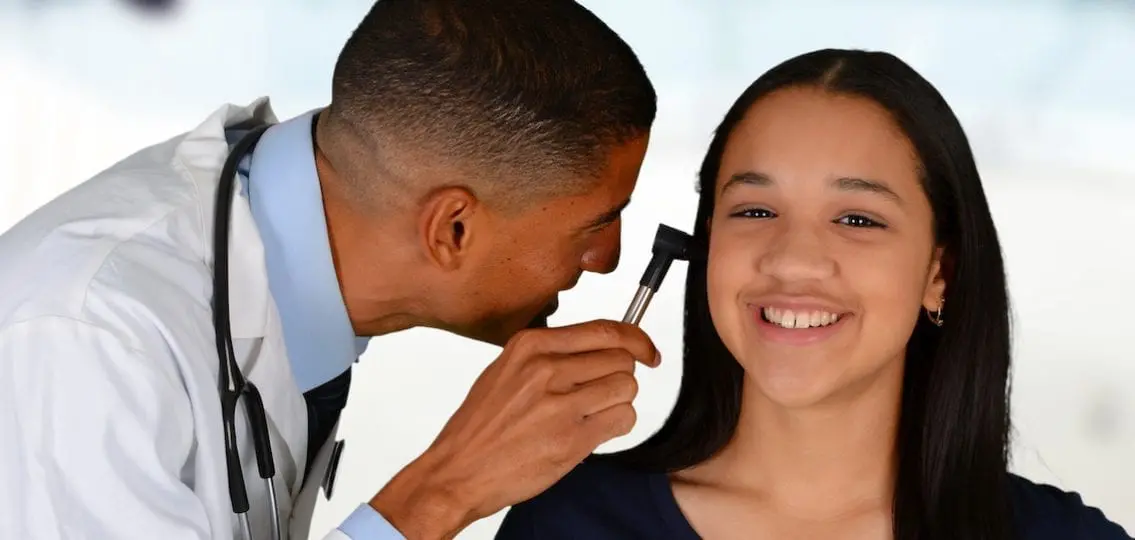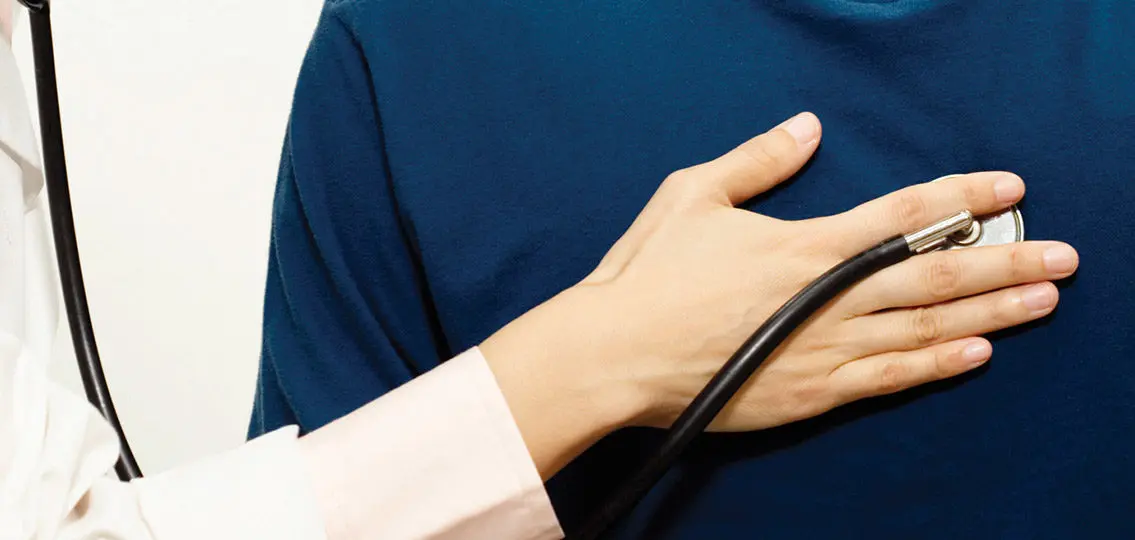Does your older teen still visit their pediatrician for their medical appointments? If your high school graduate still sees their pediatrician for a checkup or sick visit, they aren’t alone. When is it the right time for teens to stop seeing a pediatrician?

The Age of Pediatric Patients Around the World
Researchers studied the age of pediatric patients around the world. A new report from the Murdoch Children’s Research Institute in Australia found that the country with the highest average age limit among pediatric practices is the United States at 19.5 years. The paper, published in The Lancet Child and Adolescent Health, surveyed more than 1,370 pediatricians in 115 countries to determine the average age cutoffs for pediatric services.
Slovenia and the Philippines followed the United States at 19.4 years and 19.2 years, respectively. Alternatively, at 11.5, South Africa had the lowest upper age limit. Overall, these age limits are on the rise internationally thanks in part to a greater awareness of the chronic diseases and issues affecting today’s adolescents.
“In a lot of countries, there hasn’t been the same investment in really addressing the specific care needs of adolescents,” says Dr. Jonathan Klein, co-author of the report and a professor of pediatrics at the University of Illinois.
The report, entitled The Age of Pediatrics, addresses complex issues that involve the hodgepodge of care that some adolescents receive in different parts of the world and how, historically, pediatric care has focused on young children.

In the U.S., Klein says, there’s no right or wrong age for teens to stop seeing a pediatrician. In actuality, the age that your child stops visiting their pediatrician “is less important than the fact that the transition ought to provide continuous high-quality primary care and some continuity in comprehensiveness,” he says. “That could be when you get your own insurance. It could be in college when you transfer to college health services. It really depends on the practice and on the young person and their family.”




